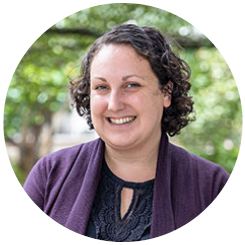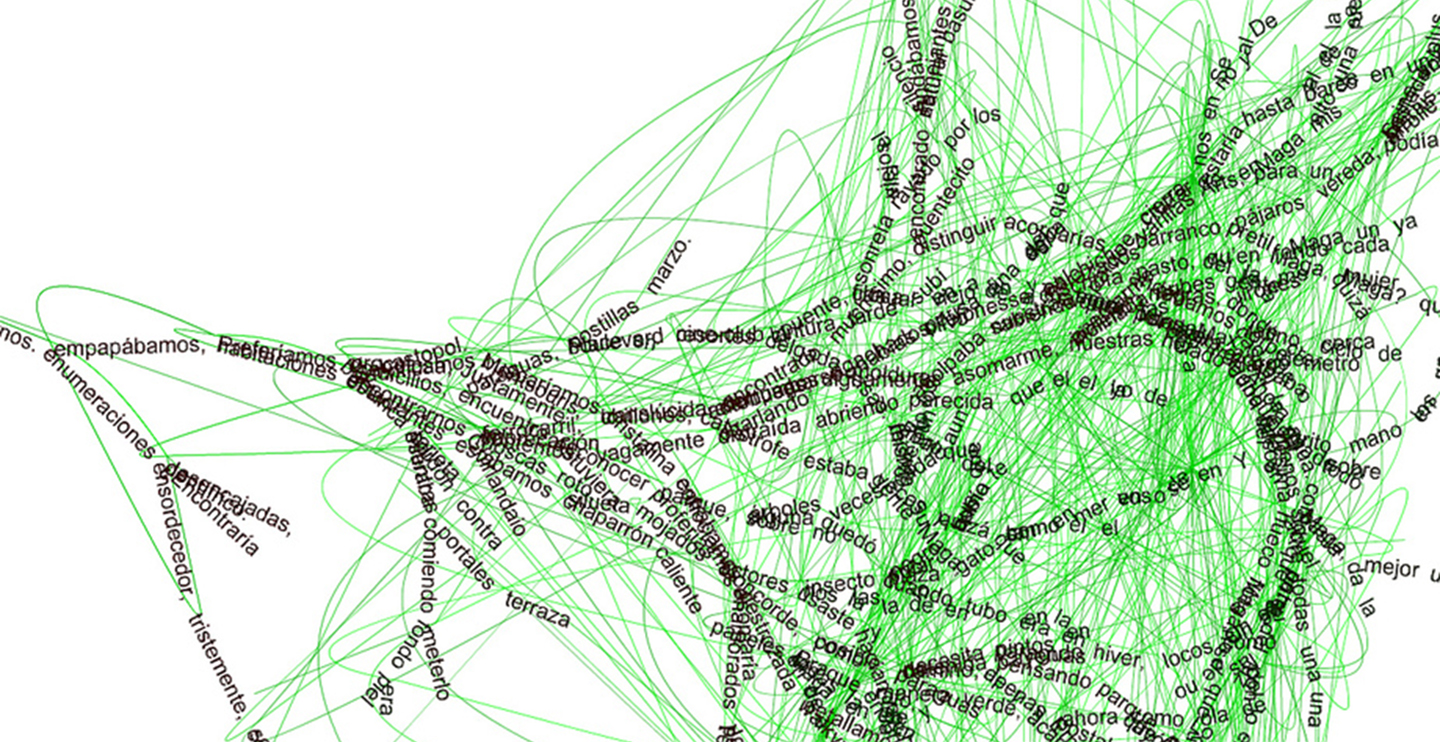How do young children with autism spectrum disorder (ASD) interact with their peers and teachers in a preschool classroom? Do they stand around in isolation on the playground or spend time with their friends? What strategies can teachers use to provide support for children with language or social developmental issues in an inclusive classroom?
 A new study led by two psychology professors in the College of Arts & Sciences—in collaboration with the Institute for Data Science and Computing (IDSC)—aims to shed light on these important questions.
A new study led by two psychology professors in the College of Arts & Sciences—in collaboration with the Institute for Data Science and Computing (IDSC)—aims to shed light on these important questions.
“Children’s social and language development is shaped by real-time interactions with peers and adults,” said Daniel Messinger, PhD, Professor of Psychology, Pediatrics, Electrical & Computer Engineering, and Music Engineering Technology; IDSC Social and Behavioral Data Science Director; Coordinator, Developmental Psychology program; and Research Director, Linda Ray Intervention Center. “Yet we have little understanding of the interactive processes in the preschool classroom and playground. Likewise, it is not clear how variation in children’s social interaction and language abilities—such as the deficits associated with ASD—affect these interactions.”
An NSF-Funded Study
Messinger is the principal investigator (PI) for the three-year study, “Objective Measurement of Naturalistic Interaction and Early Social Networks,” funded by a $799,000 grant from the National Science Foundation (NSF). “Our project uses computational modeling of real-time-continuous observations of child and teacher interactions to illustrate the development of social networks and their role in shaping children’s language abilities,” he said.
 Lynn K. Perry, PhD, Associate Professor of Psychology, is the co-PI for the study, which will begin this fall in 12 Miami-Dade County School District preschool classrooms. “Our study will capitalize on our community’s multi-ethnic and multi-racial population, providing insights into developmental processes in a diverse sample of 150 children age 3 to 5,” said Perry. “Our research team will go into each classroom one day per month, record the interactions and see how they change over the school year. We will also meet regularly with teachers, parents, and administrators at project preschools to present the research and receive feedback.”
Lynn K. Perry, PhD, Associate Professor of Psychology, is the co-PI for the study, which will begin this fall in 12 Miami-Dade County School District preschool classrooms. “Our study will capitalize on our community’s multi-ethnic and multi-racial population, providing insights into developmental processes in a diverse sample of 150 children age 3 to 5,” said Perry. “Our research team will go into each classroom one day per month, record the interactions and see how they change over the school year. We will also meet regularly with teachers, parents, and administrators at project preschools to present the research and receive feedback.”
Data Collection and Computational Models
Messinger and Perry will take an innovative approach to observing and recording the interactions of preschool children and their teachers. “Technological advances now allow for the objective mapping of children’s and teachers’ movements,” said Messinger, who has been fitting preschool students and teachers with vests containing RFID sensors in a wide range of studies over the past five years. The recorders will also capture the frequency of child and adult speech and index its complexity to provide clues to language development.
“Neither teachers nor observers can see or hear all the children in the classroom at the same time,” Messinger said. “This automated approach allows us to determine how close the kids are to each other and which direction they are oriented, telling us a great deal about their social interactions in general.”
The audio-visual recording and location tracking will produce enormous quantities of digital data, which will be stored on IDSC servers, said Messinger. “We will use machine learning algorithms and open source software to identify speakers and quantify their vocalizations,” he said.
Drawing on IDSC’s Advanced Computing resources, Messinger and Perry will develop models of location and interpersonal orientation to indicate when children with ASD and their peers are in social contact with other children and teachers. They will also build multilevel predictive models to illustrate the interactive flow of classroom speech.
To better understand how interactive deficits and language difficulties affect interaction in different settings, the social networks of children with and without ASD will be compared in both classroom and playground contexts, added Perry. As part of the study, the team will complete standardized assessments of receptive (understanding) and expressive (speaking) language for all students, including preschoolers who meet Federal criteria for ASD services, Perry said.
Making an Impact
Messinger and Perry are looking forward to advancing understanding of preschoolers’ language and social development. “Educating children with ASD in inclusive classrooms is a national standard,” said Perry. “We hope that our findings suggest clear and simple strategies, such as fostering peer social contact and conversations, that teachers can use in real time to support children’s social and language development.”
Tags: autism spectrum disorder, Daniel Messinger, Lynn K. Perry, Miami-Dade County School District, National Science Foundation, preschool children, RFID sensors, Social and Behavioral Data Science



